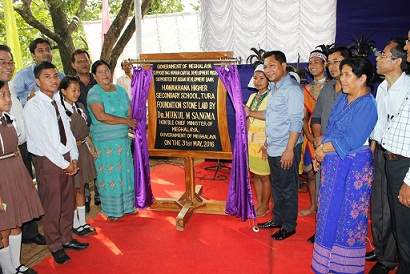
TURA, MAY 31: Meghalaya chief minister Mukul Sangma laid the foundation stone for construction of new school building for
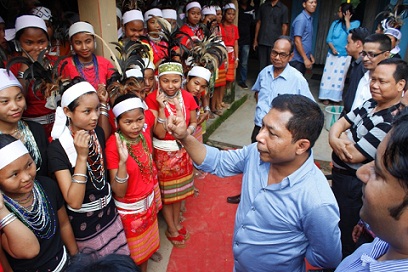
Hawakhana Higher Secondary School, Tura under the Asian Development Bank (ADB)-funded project – “Supporting Human Capital Development in Meghalaya” on Tuesday afternoon.
The project is the first of its kind in the country which focuses on improvement of secondary education and skill development. Under the project, scores of government-aided secondary and higher secondary schools in the state are being upgraded with the kind of infrastructure to improve the overall learning environment for the students.
The foundation stone for the school building was laid in the presence of Chairman of Tura Municipal Board, Donbosh , West Garo Hills Deputy Commissioner, Pravin Bakshi, GHADC MDCs Rupert Sangma and Nripendra Koch, other dignitaries, members of the school management committee, officials of dducation department, heads of institutions, members of Nokma Council, senior citizens, teachers and the students of the school.
Addressing the gathering, the chief minister expressed happiness on being able to bring such first ever social sector project for the state to address the critical gaps in the education sector but said that he was upset because the project was moving very slowly and urged upon the implementing agencies to ensure speedy completion of the project. “We need to pull up our socks and ensure fructification of the objectives that we have set for our children”, he said and called for collective responsibility and endeavour with sense of ownership from all concerned to take the project forward.
While congratulating those students who passed out in flying colours despite limitations in the recently declared SSLC and HSSLC results, Sangma, however, said he was pained to see some schools, particularly in the rural areas, drew blank in the results. He said that the huge gap in pass percentage was an offshoot of disparities between rural and urban schools. He also questioned the kind of challenge that the state would face if all 50,000-odd students who appeared for SSLC exams this year were to pass the examination, due to lack of infrastructure and institutions for higher studies.
Recalling the fact that education department earlier used to be just “a salary giving department” without any developmental projects, the chief minister highlighted a number of schemes taken up by the state government over the years.
“But even after all these years we are still struggling to ensure that children get the right ambience in their place of study. We talk of smart classrooms and computers – but what is the use of them when you do not have the required infrastructure – the buildings and proper classrooms?” he asked.
Therefore “Supporting Human Capital Development in Meghalaya” project was has been taken up by the state government with the funding from ADB to address these kind of challenges and critical gaps in education, he added, saying the programme, which is exclusive to the state of Meghalaya, is set to be replicated in some African nations.
The chief minister also called upon the institutions in the state to act as a platform of information for the students about opportunities available before them so that they are not dependent on “white collared” jobs but can take up other spaces of jobs available. He also suggested to the district administration to start Promotion of Skill Training Programme at the district level to empower the youth with career and job opportunities.
Sangma also highlighted the objective of the programme which will upgrade teaching and learning in government-aided secondary and higher secondary schools, improve technical and vocational education and training, and raise awareness about the importance of education.
The Hawakhana school was established in 1968 and has been catering to the students from various parts of Garo hills.-From Our Correspondent







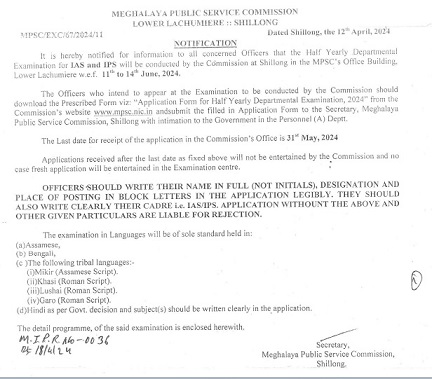






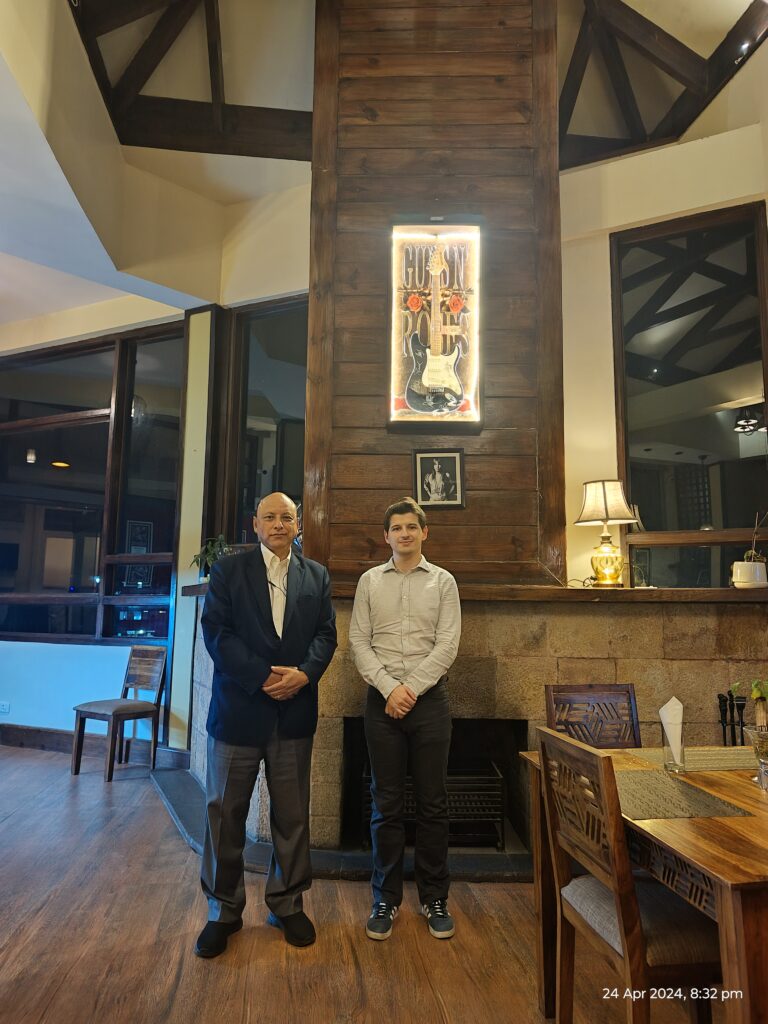
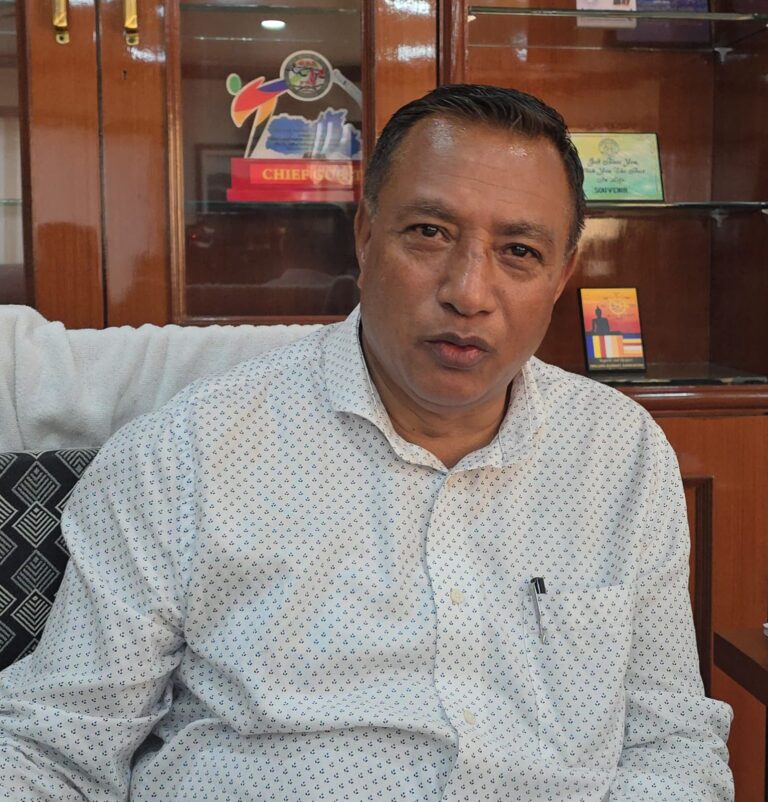

+ There are no comments
Add yours